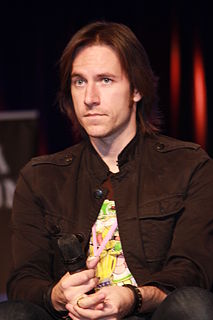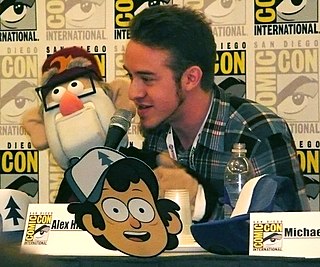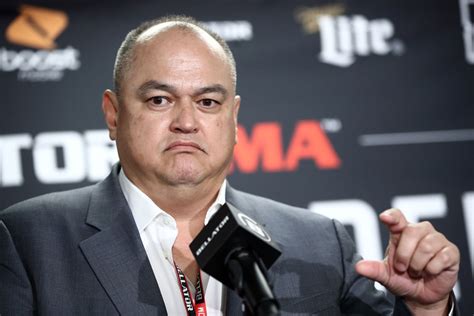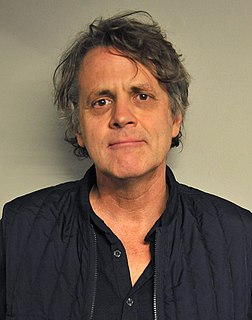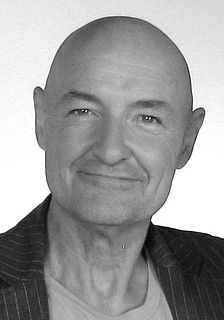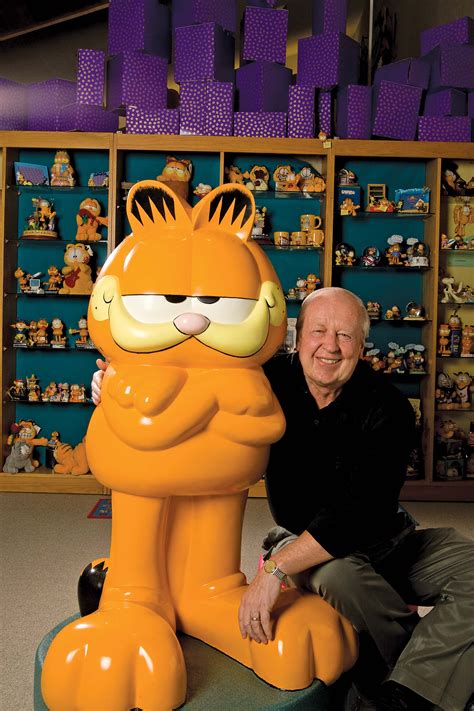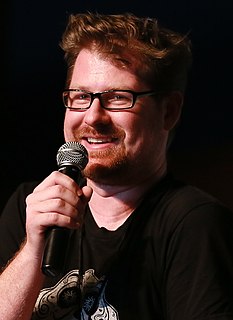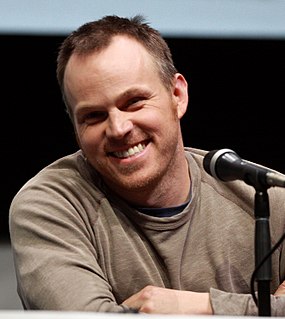A Quote by Seth MacFarlane
The success of 'The Simpsons' really opened doors. It showed that if you were working in animation you didn't necessarily have to be working in kids' television.
Related Quotes
Don't buy society’s definition of success. Because it’s not working for anyone. It’s not working for women, it's not working for men, it's not working for polar bears, it's not working for the cicadas that are apparently about to emerge and swarm us. It’s only truly working for those who make pharmaceuticals for stress, sleeplessness and high blood pressure.
You can't really gauge the difficulties of television. There's difficulties and joys that happen with an amazing, great team, when one is working. Television can be a very frustrating job for almost anybody working in television, because you're shooting episodically, and you don't know one scene from the next, and maybe they change around.
Kids don't have a little brother working in the coal mine, they don't have a little sister coughing her lungs out in the looms of the big mill towns of the Northeast. Why? Because we organized; we broke the back of the sweatshops in this country; we have child labor laws. Those were not benevolent gifts from enlightened management. They were fought for, they were bled for, they were died for by working people, by people like us. Kids ought to know that.



